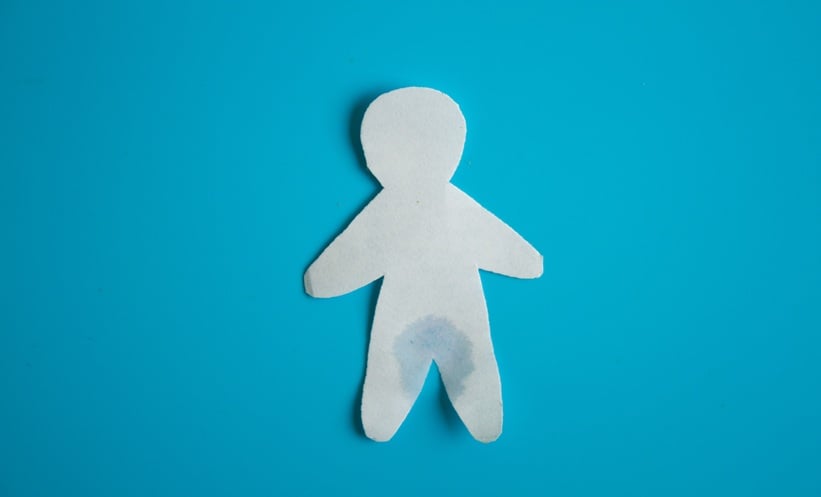FUNCTIONAL daytime urinary incontinence (FDTUI), defined as involuntary urine leakage during waking hours, can significantly affect a child’s quality of life and confidence. In a recent prospective, randomised clinical trial, researchers explored the effectiveness of combining biofeedback training with osteopathic techniques to improve outcomes in children with FDTUI.
The study included 117 children who were randomly assigned to one of three groups. Group A received a combination of biofeedback training, osteopathic procedures, and behavioural modifications. Group B received biofeedback and behavioural modifications, while Group C was treated with osteopathic techniques and behavioural modifications. The treatment lasted 10 weeks, followed by an 8-week follow-up period. Only participants who completed both the intervention and follow-up phases – 37 in each group – were included in the final analysis. Outcome measures included the 24-hour pad test, the Pediatric Lower Urinary Tract Symptom Score (PLUTSS), and a bladder diary.
Results showed all three groups experienced improvements in symptoms, with no significant differences at baseline. However, after the intervention period, Group A demonstrated the most notable improvements in PLUTSS and 24-hour pad test scores, with mean differences of −19.43 and −46.46 respectively. Groups B and C also showed improvements, though to a slightly lesser extent. Improvements were reflected in the bladder diary data as well and were sustained throughout the follow-up period.
This study highlights the potential benefit of combining biofeedback training with osteopathic techniques for the treatment of FDTUI. While all interventions proved helpful, the combination therapy appeared most effective in reducing symptoms. These findings suggest a multidisciplinary approach, incorporating both physical and behavioural strategies, may offer enhanced outcomes for children struggling with FDTUI. Further studies are warranted to explore long-term effects and refine treatment protocols.
Reference
Ibrahim Elgohary HM et al. The combined effect of biofeedback training and osteopathic procedures for the treatment of functional daytime urinary incontinence: a prospective, randomized clinical trial. J Bodyw Mov Ther. 2025;42:289-96.








